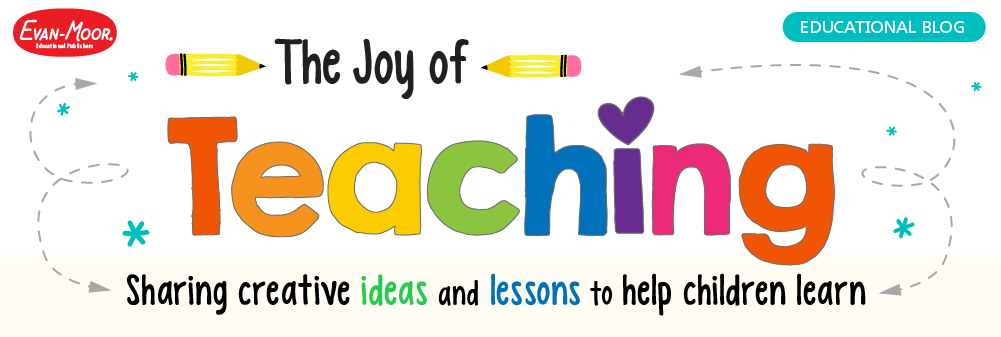
Writing prompts and journaling can help students practice healthy ways of expressing their thoughts and emotions. Writing activities that integrate SEL can build lifelong habits for students as they learn to take more time to reflect on situations and carefully choose their words before responding. Students’ responses can also provide great insight into their motivations and emotional states of mind, which can lead to better teacher/student relationships.
Strategies for Integrating SEL Writing Prompts
Here are a few tips to consider when you introduce social and emotional learning writing prompts into your curriculum:
- Create a Safe Space for Self-Expression
Reassure students that their feelings are valid and that they are able to express them without being judged. Explain that writing can be a safe place to reflect on their emotions and experiences before they respond to someone aloud. Tell students that sometimes people say things quickly without thinking about their words, and they can hurt someone’s feelings.
Setting a zero tolerance for bullying and disrespect can help you create an environment of respect and provide a safe place for students to share their emotions. Share your room expectations and rules for how you will respond to writing and build trust by letting students know you will not discuss their writing with anyone, unless you feel someone is being harmed. Do not ask students to share their personal writing or drawings. It is important they know that it is for their eyes only. - Keep It Low Stakes
It is a good idea to make SEL writing prompts “low-stakes writing” activities. SEL writing prompts work best when they are not graded. Students can feel free to express themselves without concern for grammar and usage errors. SEL writing prompts enable students to experience the freedom of free writing by allowing them to write and draw about whatever they wish. Reading and responding to students’ writing is a great way to build relationships with positive and encouraging feedback. - Use SEL Prompts Sparingly
SEL writing prompts have the most impact when they are sprinkled into your writing curriculum. Timing is important when you ask students to reflect on their feelings and to write about things that may be sensitive or difficult for them. Consider assigning a writing prompt at the end of the day, during a quiet time. Allow a minimum of 30 minutes for students to think about how they feel and write and draw about their feelings without feeling rushed. Writing about personal topics can be very healthy for students, but you also want them to take these assignments seriously, so you don’t want to overwhelm them with too many all at once.
Ideas for SEL Writing Prompts
Social and Emotional Learning Activities for grades PreK–6 helps students practice healthy habits through journaling and reflection. The thoughtful activities in Social and Emotional Learning Activities target the self-awareness, self-management, social awareness, responsible decision-making, and relationship skills across the curriculum. Incorporate reading, writing, math, and social studies into your SEL learning activities with one resource.
Free writing prompts from Social and Emotional Learning Activities:
 For more social and emotional learning activities, download these free printables from Social and Emotional Learning Activities for grades PreK–6.
For more social and emotional learning activities, download these free printables from Social and Emotional Learning Activities for grades PreK–6.
Additional SEL Books and Ideas
 Top 15 Books that Teach Empathy and Kindness to Children
Top 15 Books that Teach Empathy and Kindness to Children
 35 Growth Mindset Quotes to Inspire Children
35 Growth Mindset Quotes to Inspire Children
 Integrating SEL Instruction into Writing
Integrating SEL Instruction into Writing
Thoughtful writing can help facilitate healthy interactions and emotional expression within the classroom and home! Create a learning environment using SEL writing prompts where every student feels valued and heard.
 Heather Foudy is a certified elementary teacher with over 7 years’ experience as an educator and volunteer in the classroom. She enjoys creating lessons that are meaningful and creative for students. She is currently working for Evan-Moor’s marketing and communications team and enjoys building learning opportunities that are both meaningful and creative for students and teachers alike.
Heather Foudy is a certified elementary teacher with over 7 years’ experience as an educator and volunteer in the classroom. She enjoys creating lessons that are meaningful and creative for students. She is currently working for Evan-Moor’s marketing and communications team and enjoys building learning opportunities that are both meaningful and creative for students and teachers alike.





